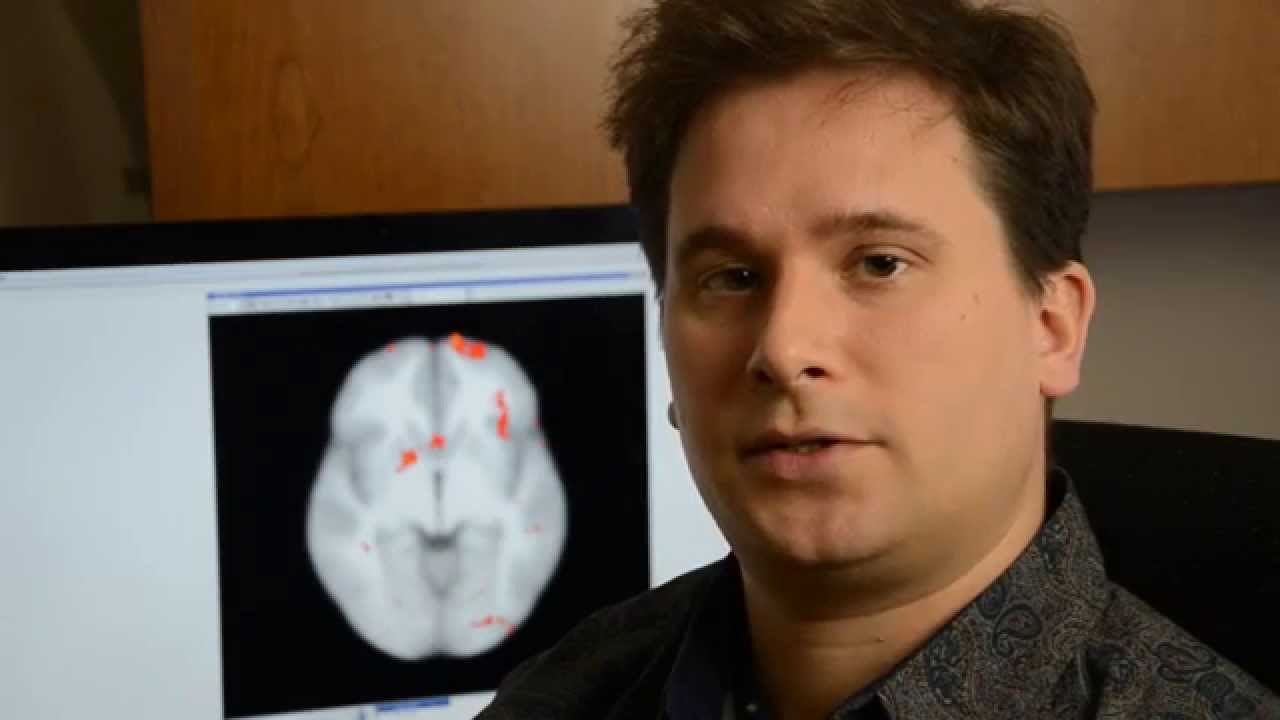Breakout Session
Revealing the Neural Basis of Music Skill Learning Using MR-Safe Instrumentation - A Multidisciplinary Collaboration
Sunday, June 24 • 5:00 p.m. to 6:00 p.m.
Presenter: Gregory Brookes, Tyler Davis, Carla Davis Cash, Changzhi Li
Introduced by: Alison Feldt
Location: Montecristo 2-4
Discovering how the brain works while learning music can help us to better understand music learning. Subjects in this study undertook vocal and piano learning exercises while in a FMRI giving researchers access to a neurobiological approach to examine music sequence learning. Researchers will also discuss the advantages to a multidisciplinary approach to research and answer questions about securing research funding.
About Gregory Brookes
 Baritone Gregory Brookes holds degrees in vocal performance from the Eastman School of Music and the Jacobs School of Music at Indiana University. He has performed throughout North America in opera and music theater productions and has appeared as a soloist with numerous orchestras and choral societies. He currently teaches graduate and undergraduate vocal pedagogy, applied voice and diction at Texas Tech University.
Baritone Gregory Brookes holds degrees in vocal performance from the Eastman School of Music and the Jacobs School of Music at Indiana University. He has performed throughout North America in opera and music theater productions and has appeared as a soloist with numerous orchestras and choral societies. He currently teaches graduate and undergraduate vocal pedagogy, applied voice and diction at Texas Tech University.
About Tyler Davis
 Tyler Davis is assistant professor of experimental cognitive psychology at Texas Tech University. His lab studies how people form and represent categories. He takes a multi-disciplinary approach to studying categorization that draws on diverse theories and methods from behavioral research to computational modeling and fMRI. His research seeks not only to inform basic scientific theory in categorization, but also connect to categorization research with topics in health and clinical psychology. He has publications in journals such as Psychological Science, Journal of Neuroscience, Cerebral Cortex, and Psychonomic Bulletin & Review. In addition to his research, Davis teaches courses in psychology and advises graduate students in the PhD program.
Tyler Davis is assistant professor of experimental cognitive psychology at Texas Tech University. His lab studies how people form and represent categories. He takes a multi-disciplinary approach to studying categorization that draws on diverse theories and methods from behavioral research to computational modeling and fMRI. His research seeks not only to inform basic scientific theory in categorization, but also connect to categorization research with topics in health and clinical psychology. He has publications in journals such as Psychological Science, Journal of Neuroscience, Cerebral Cortex, and Psychonomic Bulletin & Review. In addition to his research, Davis teaches courses in psychology and advises graduate students in the PhD program.
About Carla Davis Cash
 Carla Davis Cash is associate professor of piano and piano pedagogy at Texas Tech University where she serves as Chair of the Keyboard Division, and teaches graduate and undergraduate courses in pedagogy and applied music. A significant portion of Cash’s professional activities are devoted to her current research interests, which center on the processes by which novice and expert musicians learn and refine motor skills. Her work has been presented at numerous state, national, and international conferences of music performance, education, and psychology, and her articles can be found in the Journal of Research in Music Education, the Annals of the New York Academy of Sciences, and Clavier Companion.
Carla Davis Cash is associate professor of piano and piano pedagogy at Texas Tech University where she serves as Chair of the Keyboard Division, and teaches graduate and undergraduate courses in pedagogy and applied music. A significant portion of Cash’s professional activities are devoted to her current research interests, which center on the processes by which novice and expert musicians learn and refine motor skills. Her work has been presented at numerous state, national, and international conferences of music performance, education, and psychology, and her articles can be found in the Journal of Research in Music Education, the Annals of the New York Academy of Sciences, and Clavier Companion.
About Changzhi Li
 Changzhi Li brings expertise in design and testing of electronic systems for biomedical applications. Because of his research and education activities in this area, he has received the ASEE Frederick Emmons Terman Award in 2014, the IEEE-HKN Outstanding Young Professional Award in 2014, and the NSF Faculty Early CAREER Award in 2013. Besides publishing a book Microwave Motion Sensing and Analysis (John Wiley & Sons), he has published over 150 journal and conference papers and holds four US patents.
Changzhi Li brings expertise in design and testing of electronic systems for biomedical applications. Because of his research and education activities in this area, he has received the ASEE Frederick Emmons Terman Award in 2014, the IEEE-HKN Outstanding Young Professional Award in 2014, and the NSF Faculty Early CAREER Award in 2013. Besides publishing a book Microwave Motion Sensing and Analysis (John Wiley & Sons), he has published over 150 journal and conference papers and holds four US patents.
